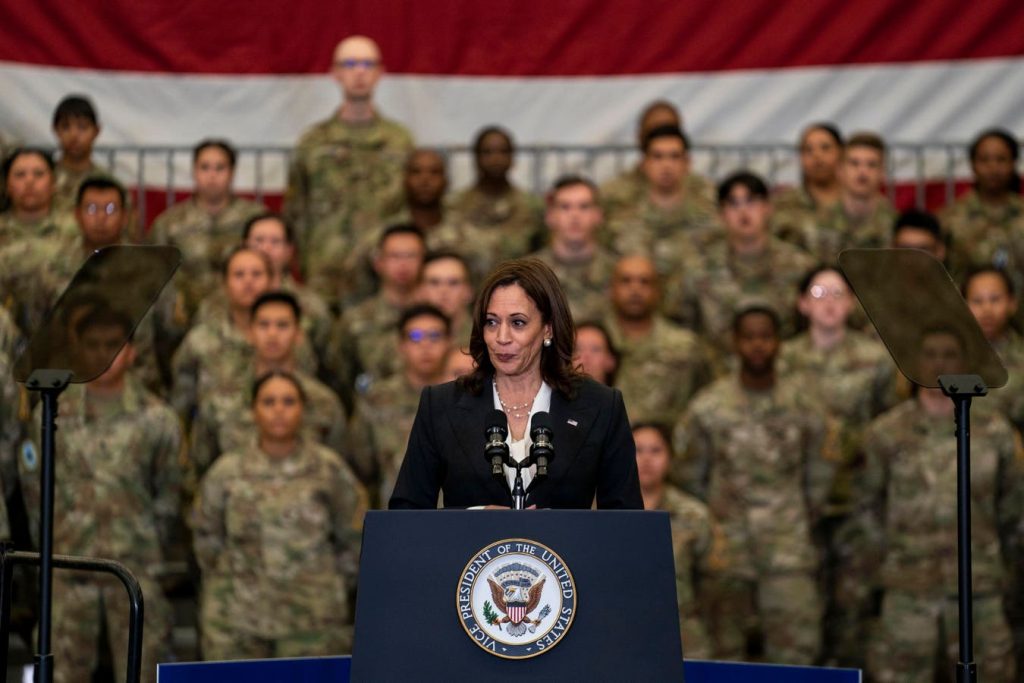Vice President Kamala Harris’s leadership of the U.S. National Space Council faces a major challenge when Russia fires a hit-to-kill Nudol missile into space as a warning to the West. The missile is seen as a precursor to an impending blitzkrieg on Ukraine, as tensions rise between Russia and the United States. Harris, appointed by President Joe Biden to lead the Space Council, condemns the missile strike, which threatens the International Space Station and raises concerns about global security in space. NASA Administrator Bill Nelson also criticizes the Kremlin’s actions and expresses outrage at the endangerment of astronauts in space.
In response to the escalating space missile crisis, Harris unveils a new Space Policies Framework at the Space Council meeting, focusing on upholding a rules-based international order for space. The United States aims to strengthen its ability to track hostile acts in space and protect its military forces from space-enabled threats. Harris also emphasizes the importance of international cooperation and collaboration with commercial partners to enhance security in space. In the face of Russia’s aggressive actions in space and on Earth, Harris pledges to restore order and peace through strategic measures.
As part of her efforts to bolster the alliance of democratic space powers, Harris engages in diplomacy with French President Emmanuel Macron to strengthen the space partnership between the United States and France. The two leaders pledge to hold actors threatening national security accountable and establish guidelines for 21st-century space operations. Harris’s commitment to building a global space alliance reflects her determination to counter destabilizing actions in space and promote peace among nations. Her visit to Vandenberg Space Force Base in California highlights the administration’s focus on increasing military space capabilities and protecting U.S. leadership in space.
In an unprecedented move, Harris announces a voluntary halt to destructive anti-satellite missile testing by the United States, urging other nations to follow suit. This initiative, supported by leading space security organizations, aims to prevent the weaponization of space and promote peaceful exploration and cooperation. The American ban on ASAT testing garners widespread international support and culminates in a UN General Assembly resolution calling for a universal halt to space weapons tests. Harris’s legal background and leadership position in the National Space Council position her to draft a universal treaty banning ASAT missile testing to further solidify global space security.
Despite ongoing tensions with Russia and the threat of a nuclear-armed spacecraft project, Harris continues to advocate for peace and stability in space and on Earth. Her engagements with Ukrainian President Volodymyr Zelensky and support for Ukraine’s defense efforts demonstrate a commitment to countering Russian aggression and upholding democratic values. As the United States prepares for potential challenges in the space domain, Harris’s leadership of the Space Council plays a crucial role in shaping international space policy and ensuring the peaceful exploration of outer space. Through diplomacy, cooperation, and strategic initiatives, Harris navigates complex space security issues and works towards a safer and more secure future for all nations.


